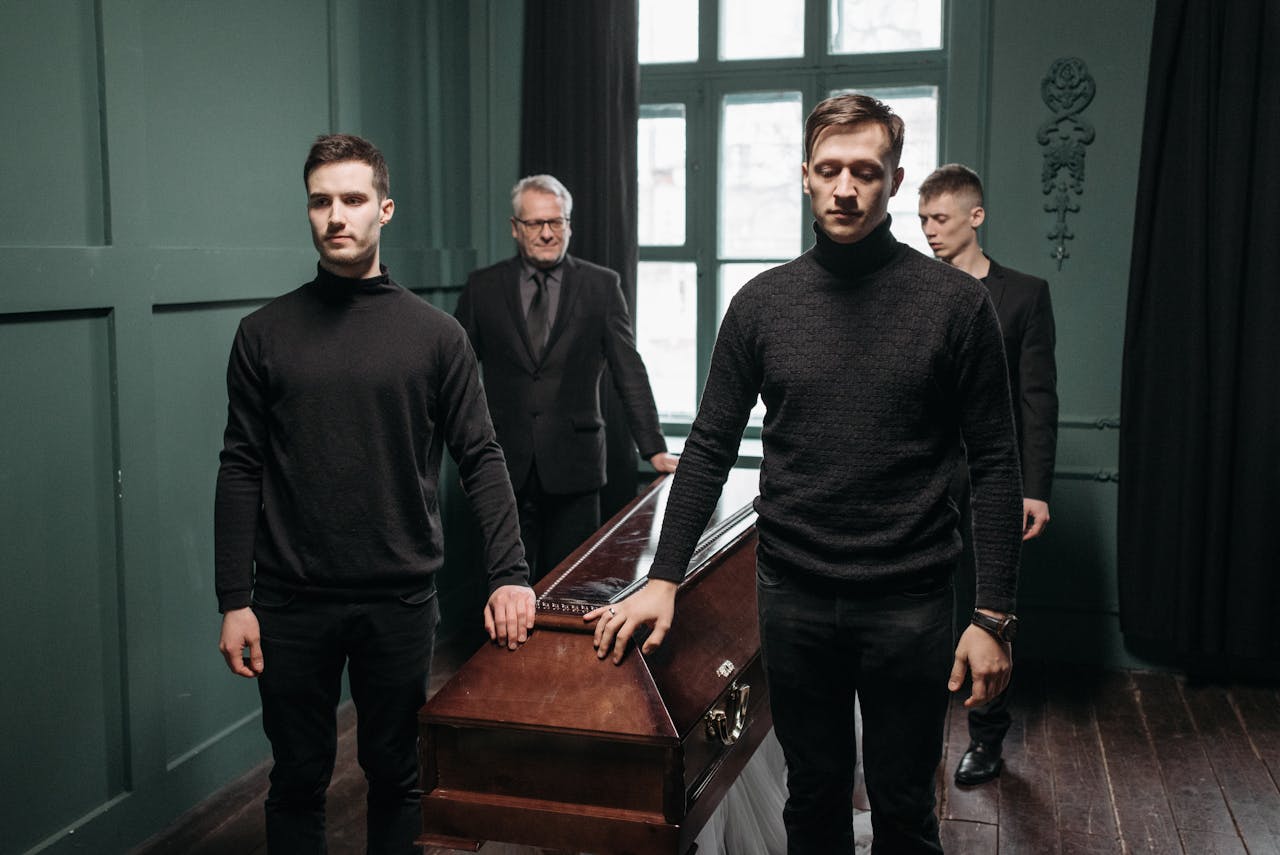Everyday sayings sound harmless, yet many grew from war, prisons, disease, and hard jobs. Knowing the real roots helps you choose words with care. Dates matter, like 1864 in a Georgia prison or 1348 in Venice. Places matter too, from Seattle’s skid road to London stages in 1938. Facts make the stories clear, not myths. When a phrase hides harm, swap it for kinder language. When a history shows safety lessons, keep them. Words travel far, but context keeps them honest in daily talk.
1. Deadline

In 1864, at Andersonville Prison in Georgia, guards marked a “dead line” about 20 feet inside the stockade wall. Crossing it could mean being shot. Newspapers used the term during the 1860s, then offices borrowed it for due dates. The meaning softened, but the origin stayed grim. Plan work with buffers in hours, not minutes. Use calendars, alarms, and a final check before submission. Late night marathons raise crash risk, so avoid drowsy driving. If you must work late, walk, rideshare, or rest first.
2. Gaslighting
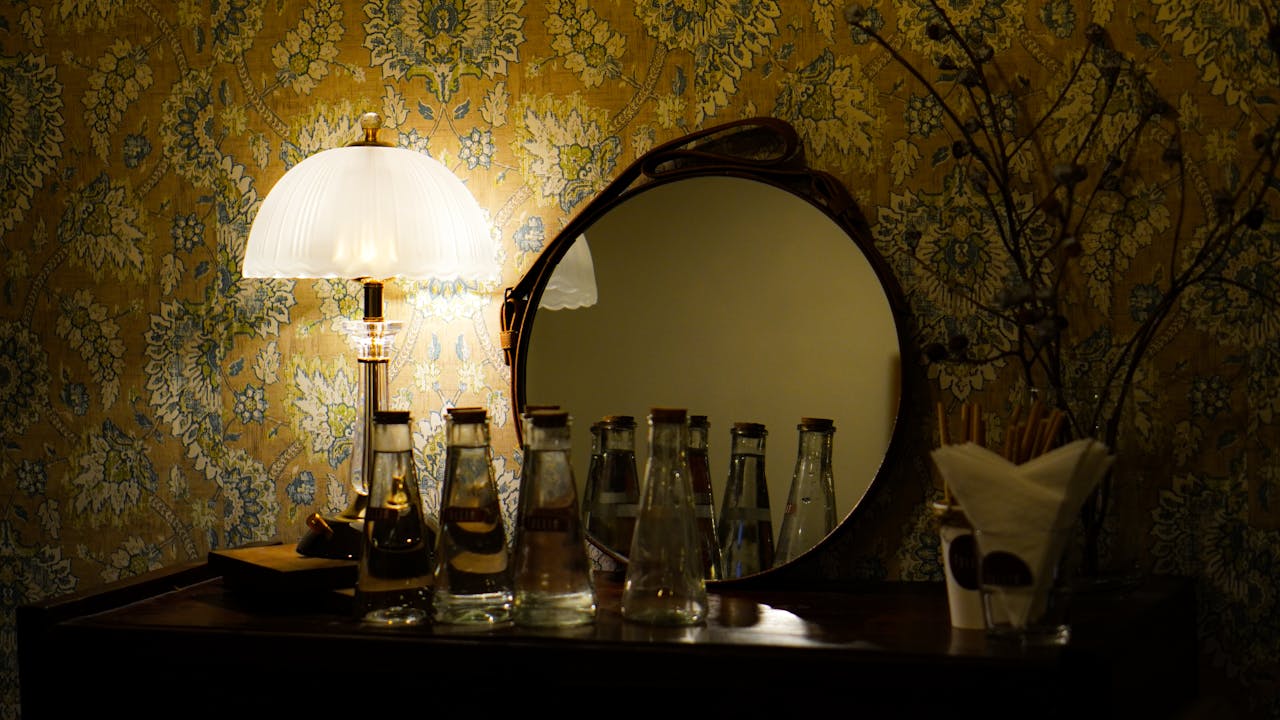
Gaslighting began with a London stage play, Gas Light, in 1938, then a 1944 film made the plot famous. A husband dims gas lamps, then denies it, pushing his wife to doubt herself. The word now describes a pattern of manipulation, not a simple argument. Save dates, screenshots, and exact words if someone twists facts. Share with a trusted adult or counselor. Many schools publish reporting steps each August. Clear records help you sort confusion from control and get support faster.
3. Pipe Dream

Pipe dream meant visions from opium pipes in the 1800s. U.S. papers used it by 1890 to mock impossible plans. Opium contains morphine, isolated in 1804, and causes vivid fantasies. Laws tightened with the 1909 Opium Exclusion Act and 1914 Harrison Act. Today the phrase still signals wishful thinking. Test ideas with numbers. List costs in dollars, time in weeks, and skills you truly have. If totals fail, scale down. Safer choices beat shortcuts that risk health, money, or the law.
4. Basket Case
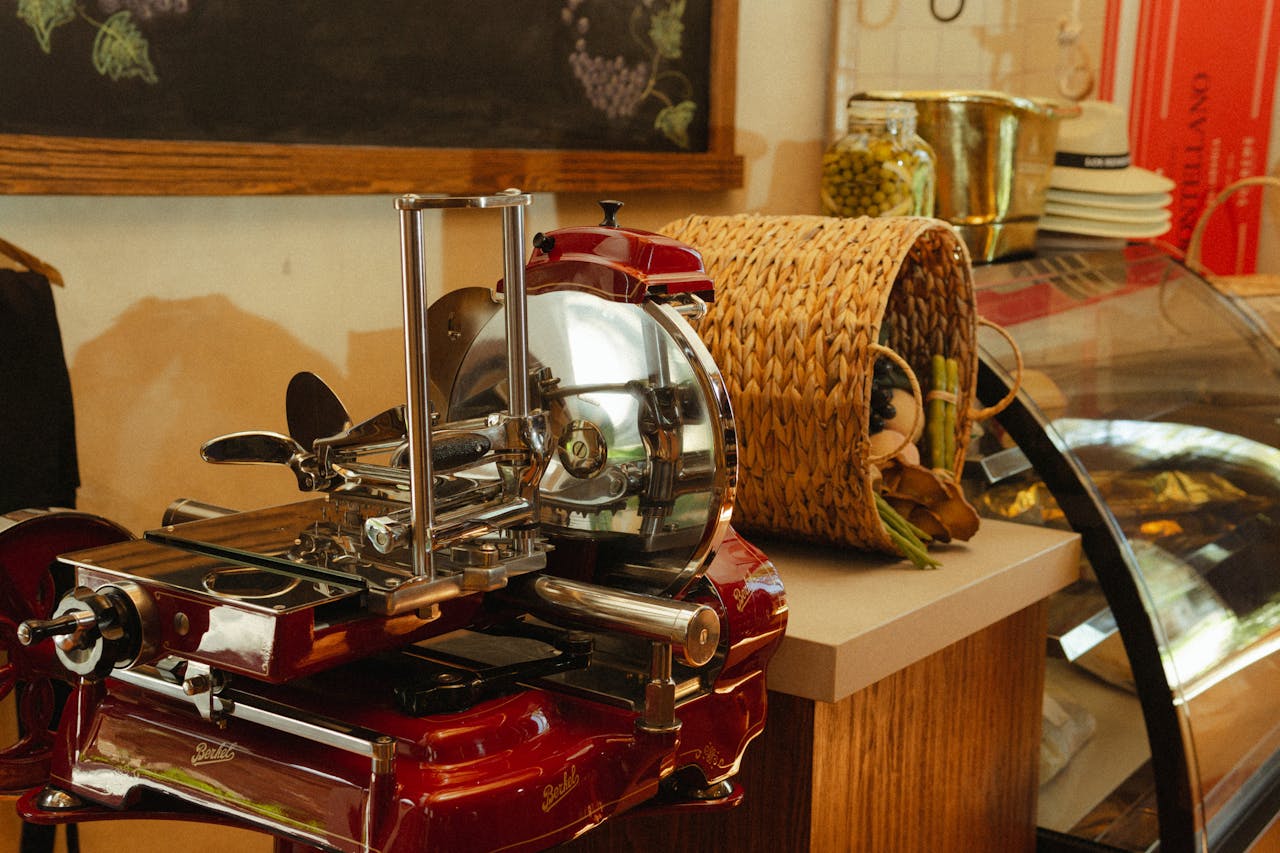
During World War I, rumors claimed quadruple amputees were carried in baskets. In 1919 the U.S. Surgeon General denied such reports, yet basket case spread in headlines for severe injuries and later for “hopeless” problems. The picture is harsh and dated. Choose precise words instead. Name the issue, set a 2-week goal, and track steps. Replace labels with plans. Respect people in recovery, and use language that helps teams focus on fixes instead of shame. Better words lead to better results.
5. Blacklist

English records mention a “black list” as early as 1639 for names to punish or exclude. In 1947, U.S. hearings by the House Un-American Activities Committee fueled Hollywood blacklists. Writers and actors lost credits and pay for years. Many groups now prefer neutral terms like blocklist or denylist. If your name lands on a list, ask for the policy, appeal window in days, and a contact. Keep emails, dates, and decisions. Clear records support fair review and faster removal.
6. Coffin Nail
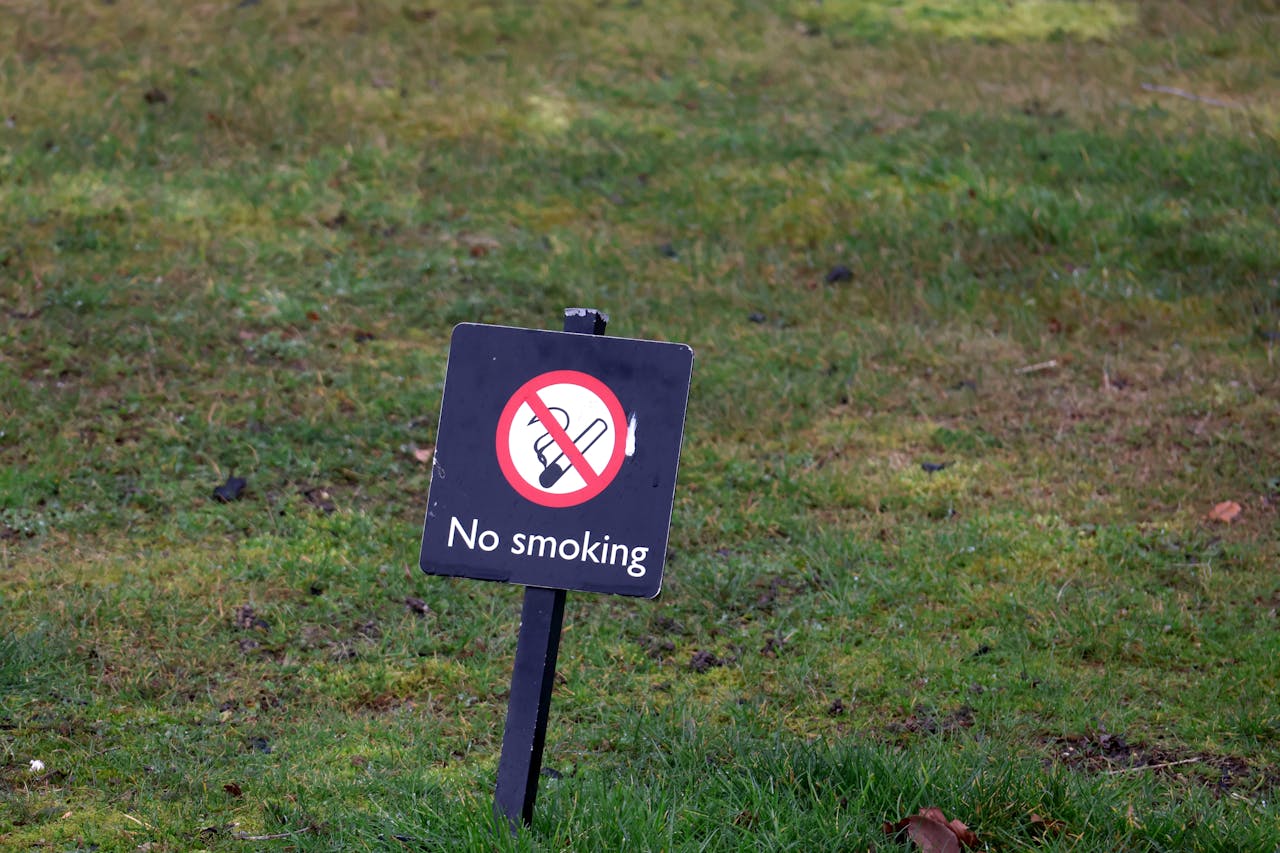
By the 1880s, coffin nail was slang for a cigarette, warning that each smoke drove a nail into a coffin. In 1964 the U.S. Surgeon General linked smoking to lung cancer and heart disease. In 2019 federal law raised the tobacco sales age to 21. Many cities ban smoking within 15 feet of doors. If smoke triggers asthma, ask for clean-air zones. Learn facts before habits harden. Small choices now, like skipping that “just one,” add years of easier breathing later.
7. Graveyard Shift
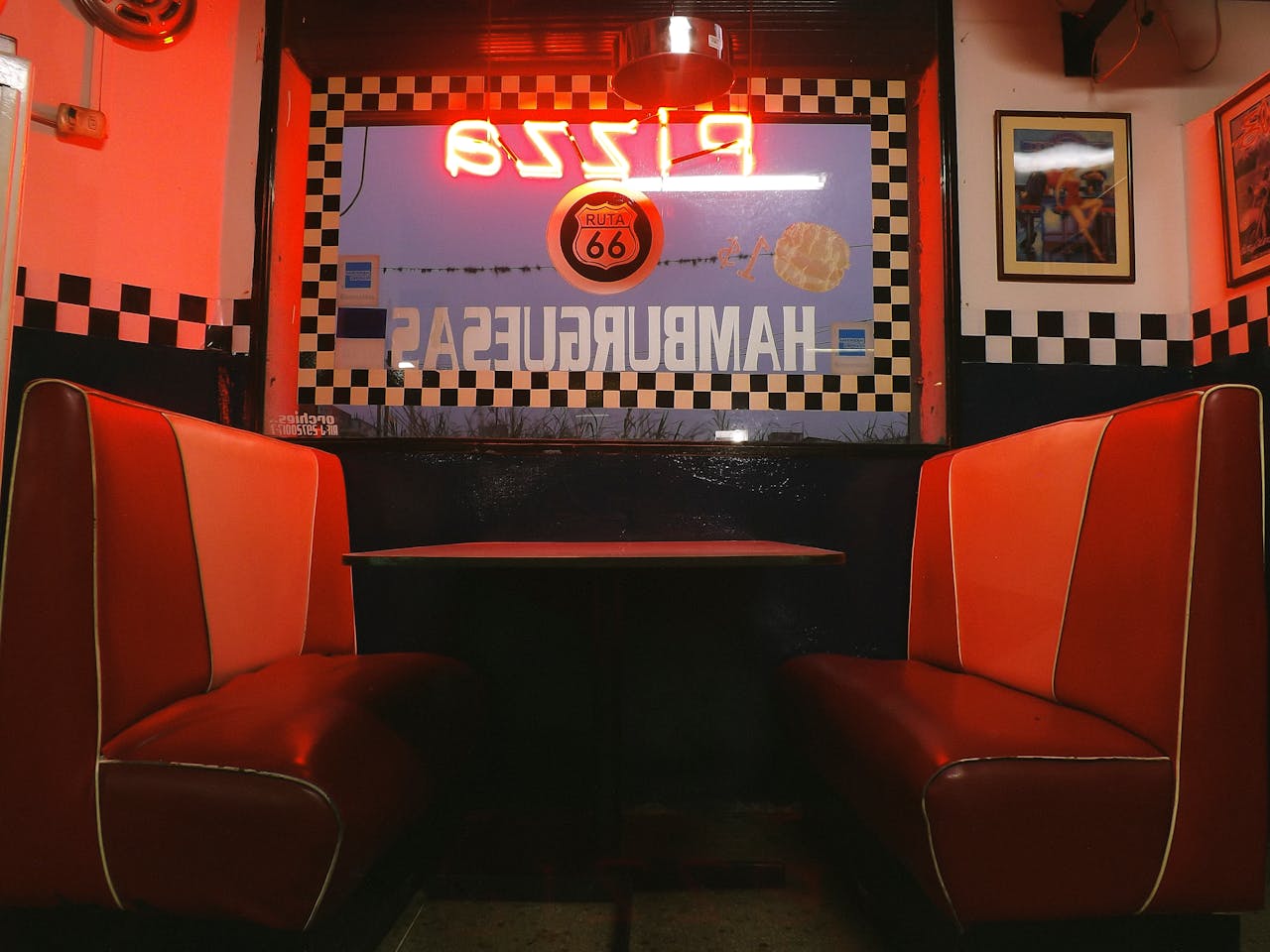
Graveyard shift describes the overnight hours when most streets sleep, often midnight to 8 a.m. The phrase shows in U.S. print by 1907. Night work can harm sleep, mood, and safety. OSHA notes long shifts raise accident risk. Teens should check state labor rules on hours and breaks in minutes. Use bright light at work, drink water, and plan 8 hours of sleep. A 20-minute nap before a late shift helps. Ask a ride for rides home after 2 a.m.
8. Quarantine

Quarantine comes from Italian quaranta giorni, meaning 40 days. In 1348, Venice ordered ships to wait outside the lagoon to slow plague. In 1423 the city opened Lazzaretto Vecchio, an island hospital. The rule spread to other ports during the 14th and 15th centuries. Modern health teams still isolate to stop outbreaks. In 2020 many cities posted day counts for return. If told to isolate, mark the start date, follow the number of days, and ask for food or class help.
9. Skid Row
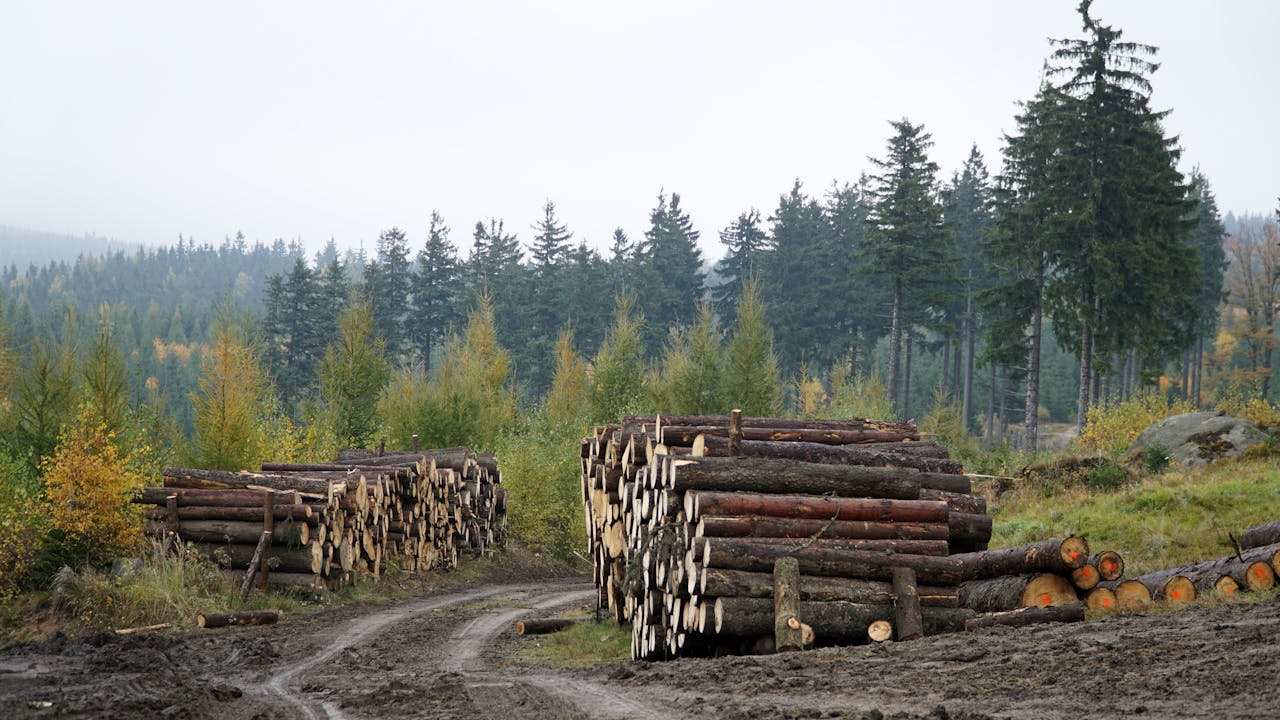
Skid row began as skid road in logging towns. In 1853, Seattle’s Yesler Way used a greased track to slide logs to a mill on Elliott Bay. By the 1890s, streets nearby held cheap hotels and day labor halls, and skid row became a name for poverty zones. Today cities post outreach numbers and shelter hours by day. If you volunteer, go with a group, follow site rules, and bring water. Respect people’s privacy, and offer help without pressure or photos.
10. Diehard
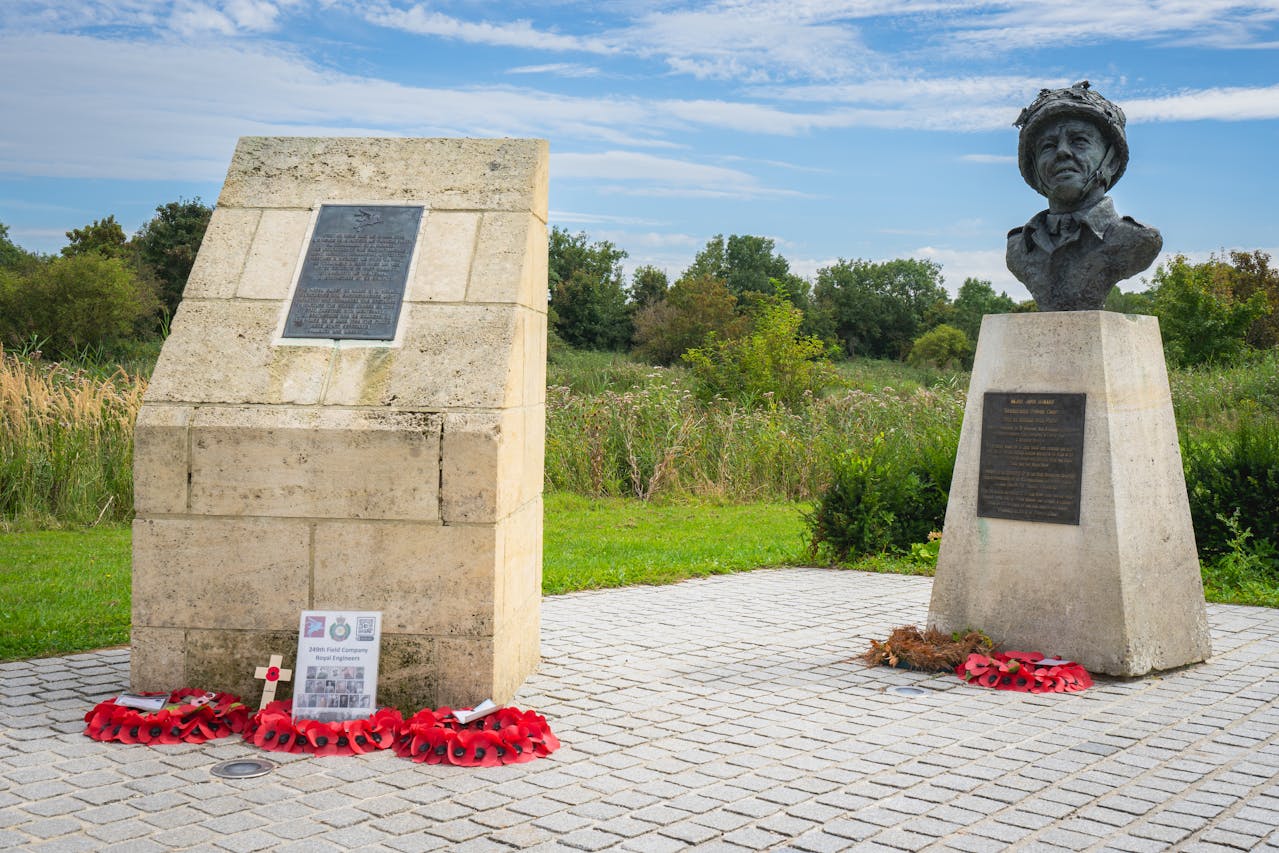
Diehard started on a battlefield, not in movies. On May 16, 1811, at the Battle of Albuera in Spain, a British officer urged the 57th Regiment to “die hard” as they held under heavy fire. More than 400 were killed or wounded. Later, diehard meant someone who refuses to change. Sticking forever can waste time and money. Set review dates on a calendar, compare costs in dollars, and adjust when new facts arrive. Grit helps, but smart updates win more often.
